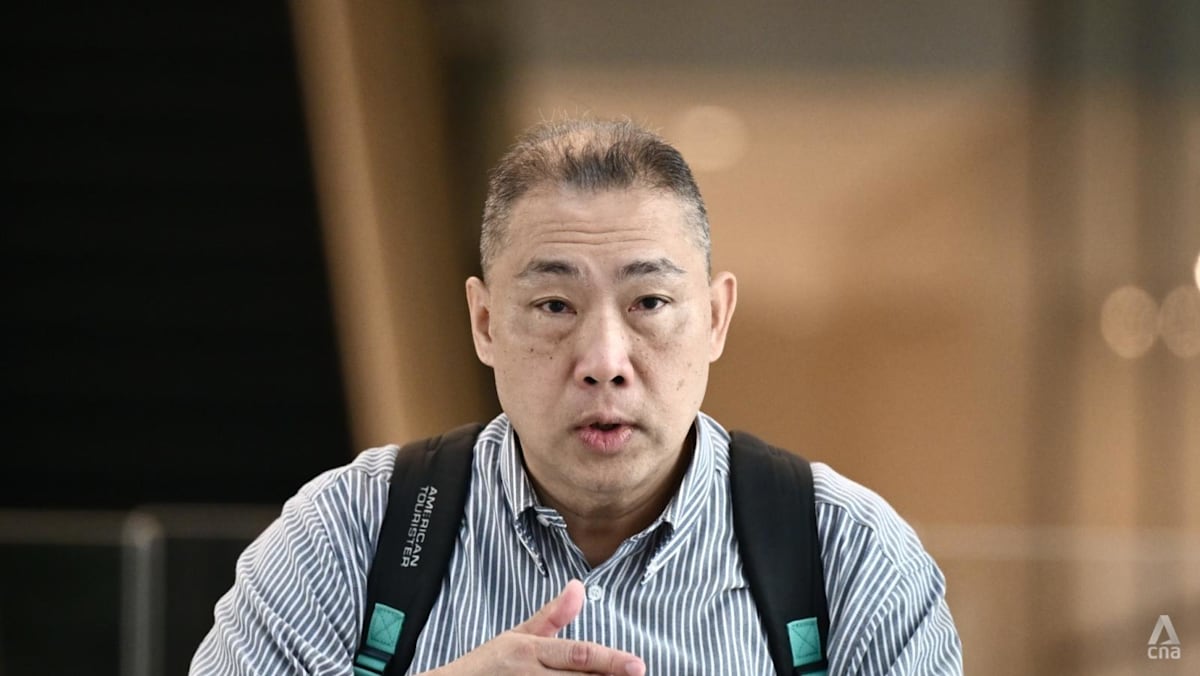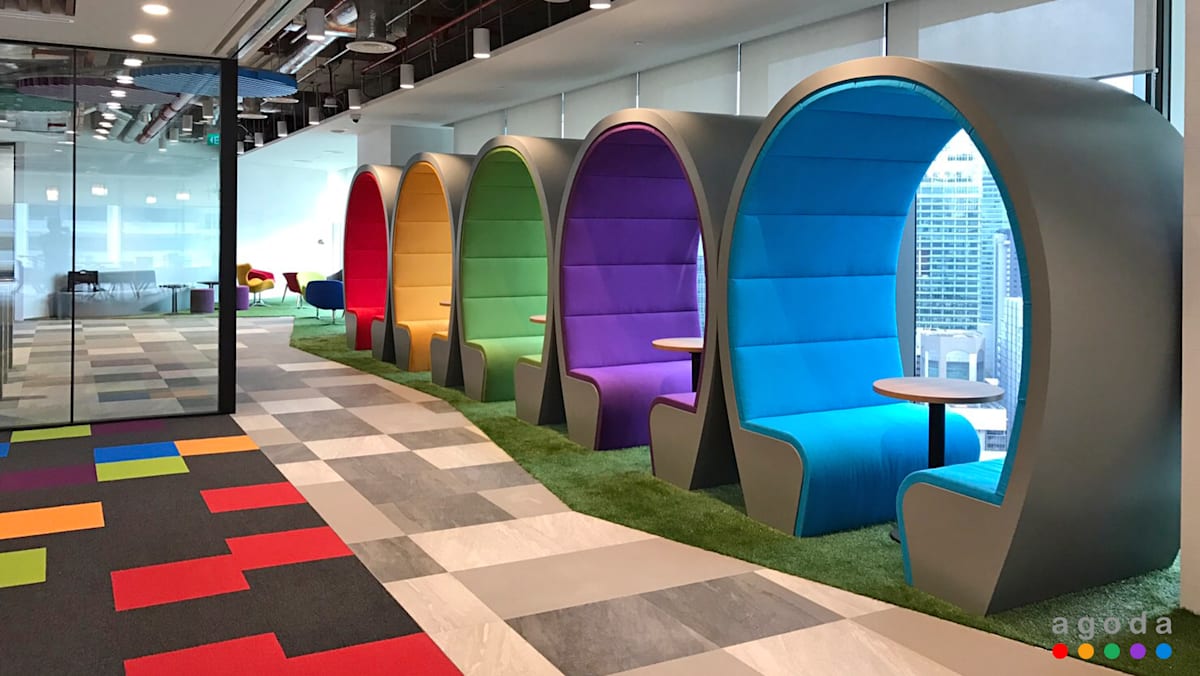Dr Chong the geropsychologist highlighted that although there are genetic factors when it comes to dementia, a Lancet Commission report in 2024 suggested that up to 45 per cent of risk factors are preventable by making lifestyle changes.
These would include reducing a sedentary lifestyle, eating healthily and paying attention to one’s cardiovascular health.
In this regard, Assoc Prof Ng of NNI added that the Healthier SG initiative is helpful in the fight against both early- and late-onset dementia because of its focus on preventing and controlling risk factors such as high blood pressure, high cholesterol and diabetes.
For those who have been diagnosed with the condition, certain stimulating cognitive exercises, such as those organised by the dementia daycare programmes at SASCO or at the Methodist Welfare Services (MWS) Senior Care Centre, can help slow down the progression of the condition.
An added benefit of attending such programmes is that they give respite for the caregiver at home.
Ms Pay, for instance, has been attending the daycare programme at MWS Senior Care Centre in Eunos, which allows her husband to do household chores and have some me-time.
“If it is only me taking care of her 24/7, it would be very stressful,” Mr Lim Kay Kwong said.
SASCO, MWS and Anglo Caregivers all told CNA TODAY that they have seen an increase in demand for their services from clients with dementia and their families.
Since MWS’ day care centre opened in 2022, the number of clients with dementia has increased from 45 to 73 to date, while Anglo Caregivers saw a 31 per cent increase in enquiries for caregivers for dementia patients from the second half of last year to the first half of this year.
The experts also highlighted reminiscence therapy, which involves discussion about memories and past experiences through the use of prompts such as artefacts, photographs, music and familiar smells to aid in memory retrieval.
Studies have shown that reminiscence therapy can significantly reduce behavioural and psychological symptoms of dementia and improve cognitive function, mood and quality of life, while lowering depression and neuropsychiatric symptoms.
Caregivers also noted the importance of preparing one’s Lasting Power of Attorney and Advance Care Planning (ACP) while one is still healthy. This is to spare family members the mental and emotional ordeal of making difficult decisions on their behalf should their cognitive capacity decrease in the future.
The Ministry of Health – which launched an online ACP planning tool in July – said that 77,000 advance care plans were completed in Singapore as of Jul 11 this year.
Reflecting on his journey, Mr Eric Lim said that the most challenging of caregiving for someone with dementia was the emotional aspect of it.
“Even though your loved one is physically there, it’s like they are fading away, daily, gradually. And I think that’s the hardest part to reconcile,” said Mr Lim.
Which is why he said, even as caregivers take care of their loved ones living with dementia, it is just as important to find support for themselves instead of overextending themselves, as “it doesn’t help in the long term”.
“Know when to rest, know when to let go, when to let other family members step up as well, and not to shoulder the weight of responsibilities alone.”
Additional reporting by Nikki Yeo.














